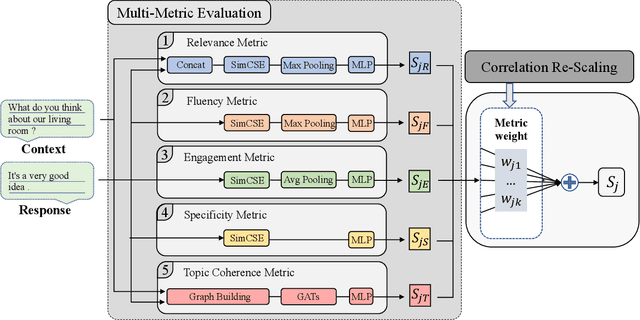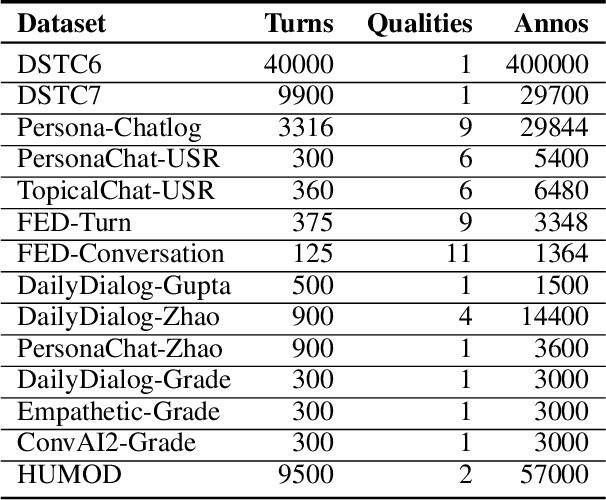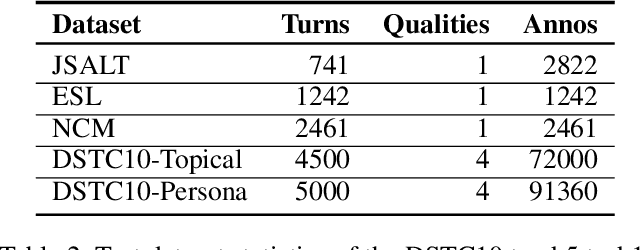Chunyang Yuan
GrokLST: Towards High-Resolution Benchmark and Toolkit for Land Surface Temperature Downscaling
Sep 30, 2024



Abstract:Land Surface Temperature (LST) is a critical parameter for environmental studies, but obtaining high-resolution LST data remains challenging due to the spatio-temporal trade-off in satellite remote sensing. Guided LST downscaling has emerged as a solution, but current methods often neglect spatial non-stationarity and lack a open-source ecosystem for deep learning methods. To address these limitations, we propose the Modality-Conditional Large Selective Kernel (MoCoLSK) Networks, a novel architecture that dynamically fuses multi-modal data through modality-conditioned projections. MoCoLSK re-engineers our previous LSKNet to achieve a confluence of dynamic receptive field adjustment and multi-modal feature integration, leading to enhanced LST prediction accuracy. Furthermore, we establish the GrokLST project, a comprehensive open-source ecosystem featuring the GrokLST dataset, a high-resolution benchmark, and the GrokLST toolkit, an open-source PyTorch-based toolkit encapsulating MoCoLSK alongside 40+ state-of-the-art approaches. Extensive experimental results validate MoCoLSK's effectiveness in capturing complex dependencies and subtle variations within multispectral data, outperforming existing methods in LST downscaling. Our code, dataset, and toolkit are available at https://github.com/GrokCV/GrokLST.
MME-CRS: Multi-Metric Evaluation Based on Correlation Re-Scaling for Evaluating Open-Domain Dialogue
Jun 19, 2022



Abstract:Automatic open-domain dialogue evaluation is a crucial component of dialogue systems. Recently, learning-based evaluation metrics have achieved state-of-the-art performance in open-domain dialogue evaluation. However, these metrics, which only focus on a few qualities, are hard to evaluate dialogue comprehensively. Furthermore, these metrics lack an effective score composition approach for diverse evaluation qualities. To address the above problems, we propose a Multi-Metric Evaluation based on Correlation Re-Scaling (MME-CRS) for evaluating open-domain dialogue. Firstly, we build an evaluation metric composed of 5 groups of parallel sub-metrics called Multi-Metric Evaluation (MME) to evaluate the quality of dialogue comprehensively. Furthermore, we propose a novel score composition method called Correlation Re-Scaling (CRS) to model the relationship between sub-metrics and diverse qualities. Our approach MME-CRS ranks first on the final test data of DSTC10 track5 subtask1 Automatic Open-domain Dialogue Evaluation Challenge with a large margin, which proved the effectiveness of our proposed approach.
 Add to Chrome
Add to Chrome Add to Firefox
Add to Firefox Add to Edge
Add to Edge